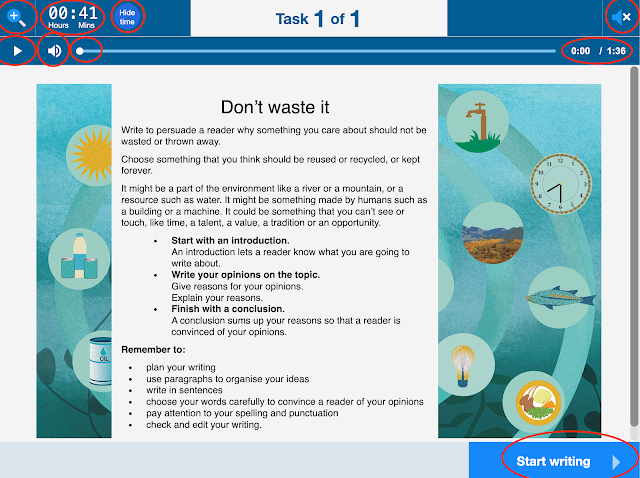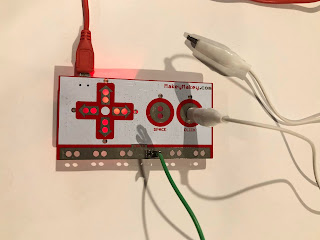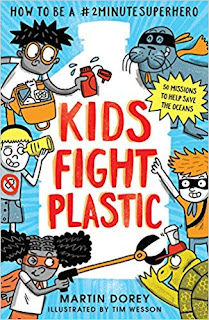Horizon Report Part 5
Significant Challenges Impeding Technology Adoption in K-12 Education
See Part 1, Part 2, Part 3, Part 4 of this series on the Horizon Report 2015Difficult Challenges: Those that we understand but for which solutions are elusive
- Rethinking the Roles of Teachers:
PD for teachers, use of social media.
Online courses, such as the online dance course offered by St Columba Anglican School.
Blended courses such as Year 8 Computational Thinking by St Columba Anglican School
Wicked Challenges: Those that are complex to even define, much less address
- Scaling Teaching Innovations:
- Teaching Complex Thinking:
Complex thinking is also referred to computational thinking. Computational Thinking (CT) was defined by Cuny, Snyder, Wing (2010) as "a way of solving problems, designing systems, and understanding human behaviour that draws on concepts fundamental to computer science." CT is a term that is beginning to be taught by teachers around the world.
Coding is one tool that is being utilised to teach CT as it teaches the thought process of breaking a problem into logical steps. Coding can be taught from Kindergarten through to year 12.
Some methods of teaching computational thinking could include: - robotics,
- electronics,
- homemade wearables,
- makerspace projects and
- solving life problems.
- mapping the quickest route from x to x by public transport. Provide a map of your route, the cost and the details of transport including time and directions for the catching the transport
eg: 7:28am train from Central to Newcastle, change to catch bus 72 at 9:30am to Wallsend. - Buy groceries to make lunch for 4 people with $10, $20, $40. To solve this will need a recipes for each budget and a grocery list. Write a procedure for making lunch. What should be done at what time?
- Some resources include:
- a previous post on computational thinking
- kodeklubbers.weebly.com coding resource
- inspireslearning.weebly.com teaching resources
- Carnegie Melon
- BBC
- Adelaide University free online CT course
- ISTE
- Google CT resources
- Google CT course






Comments
Post a Comment